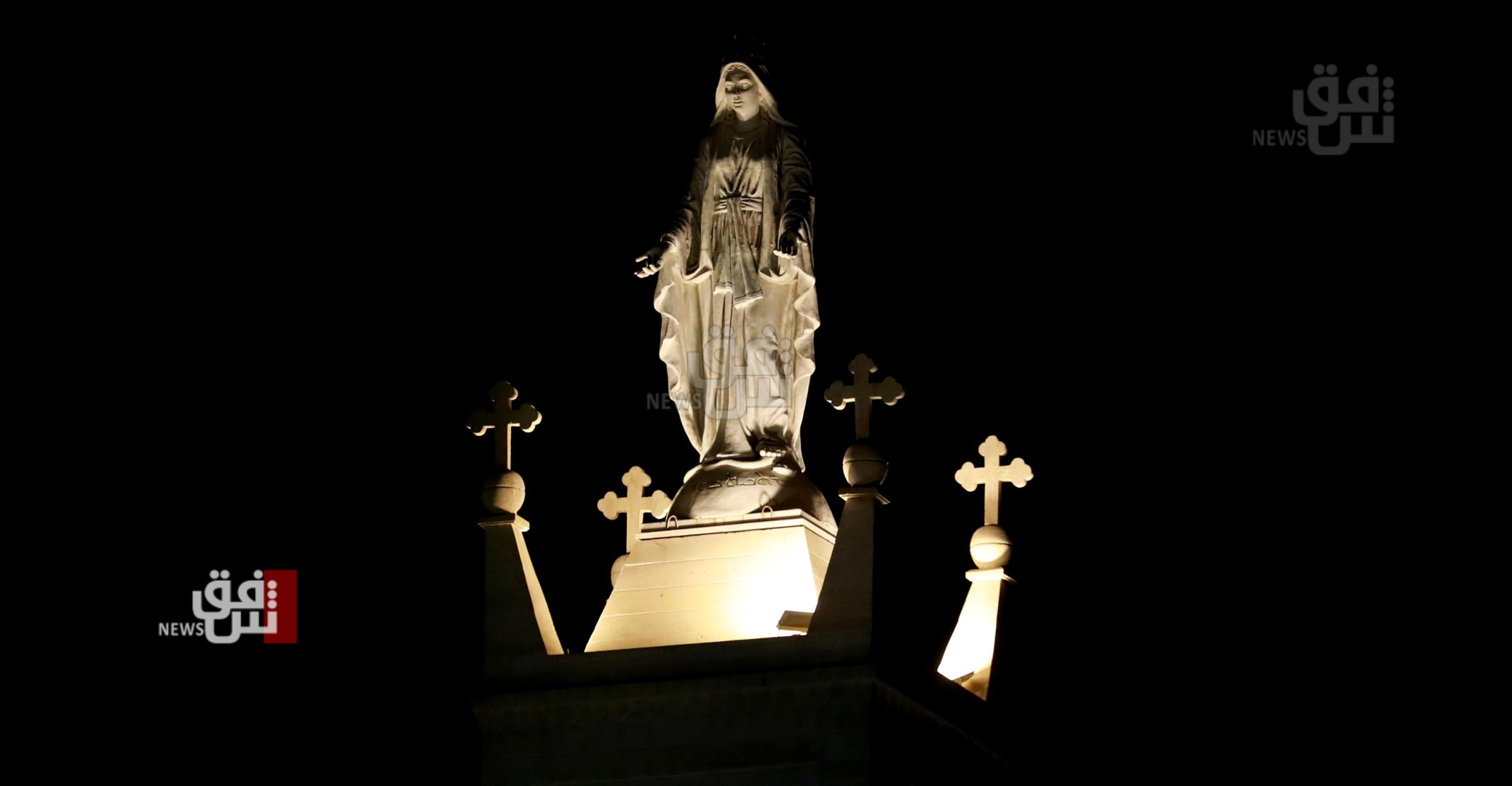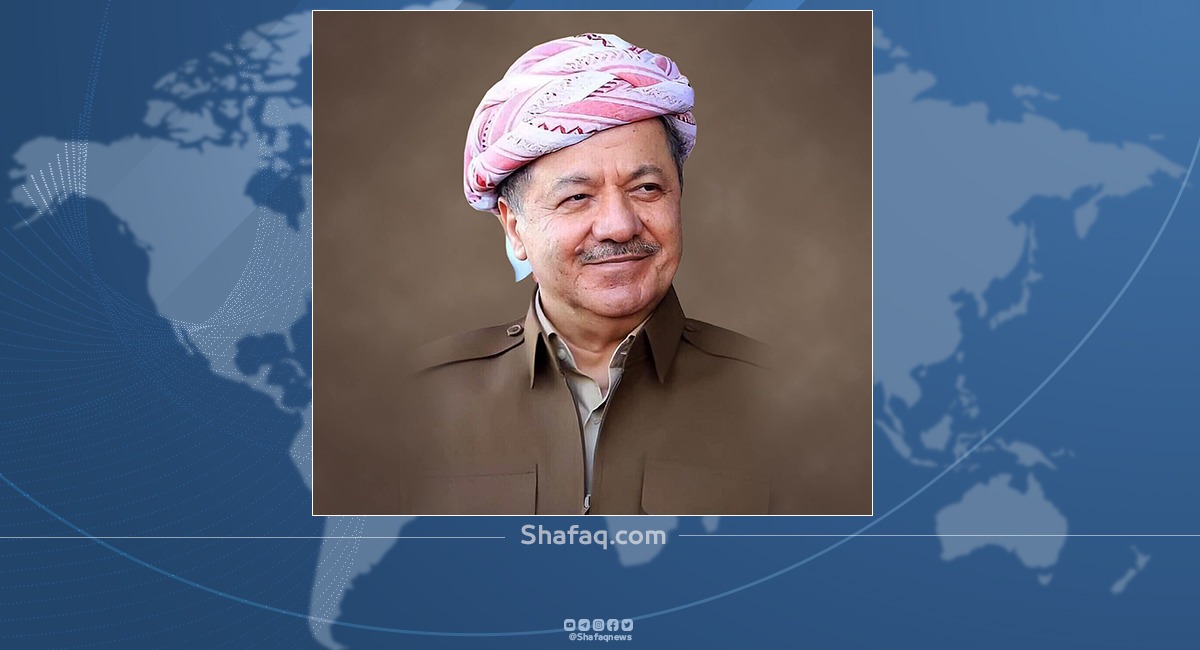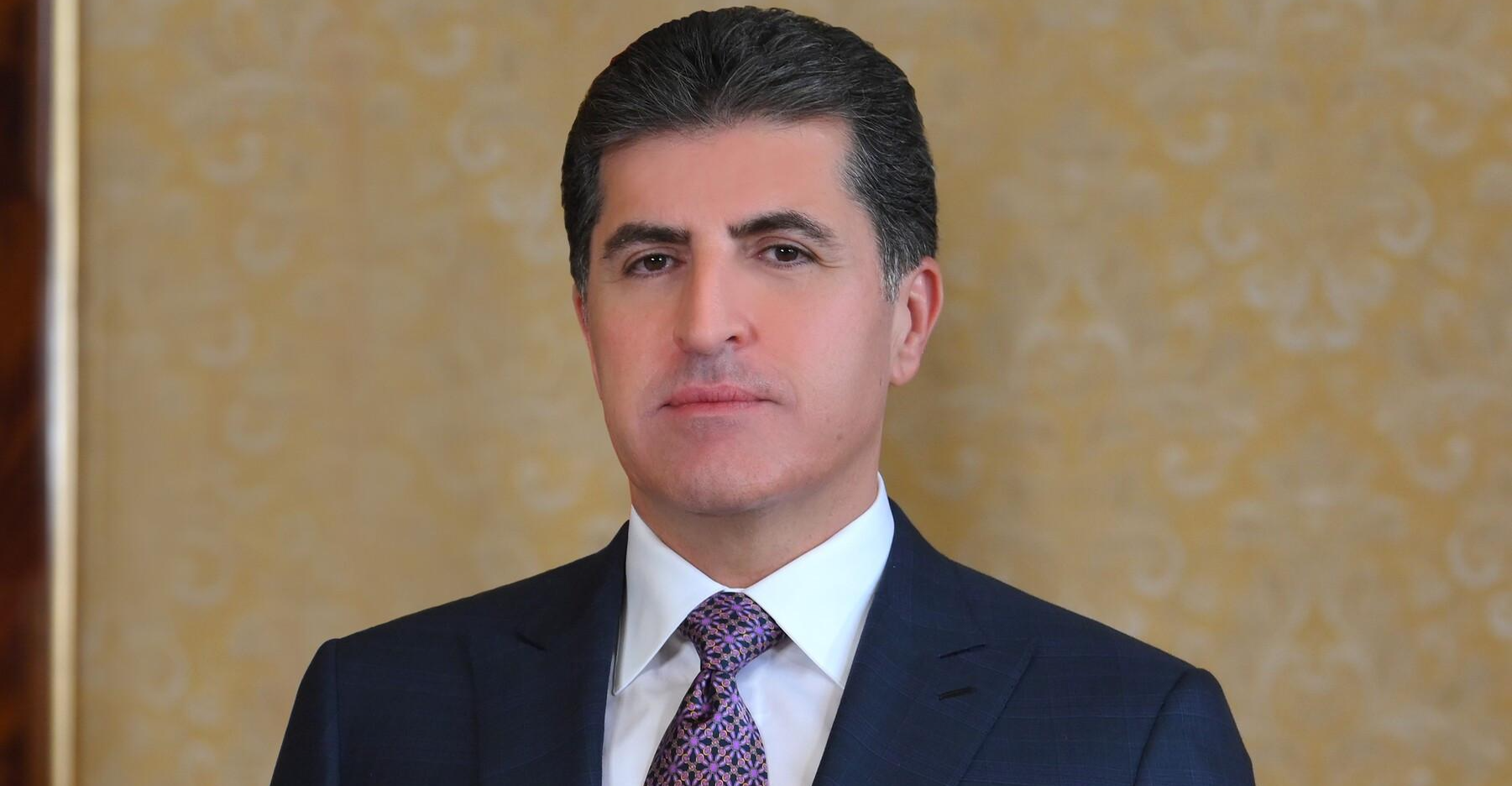Doctors in Al-Sulaymaniyah strike over “unacceptable” 80-day salary delays, halting services

Shafaq News/ On Wednesday, HaimanIbrahim, the mayor of the Penjwen district in Al-Sulaymaniyah, announced thatdoctors at the district's general hospital have initiated a strike afterexperiencing salary delays exceeding 80 days, during which they have onlyreceived one month’s pay.
The doctors expressed theirdissatisfaction with the situation, which they described as “unacceptable,”affirming that this is the second strike the hospital has experienced in 2024.
In a statement to Shafaq News,Ibrahim explained that the doctors opted to strike in response to thepersistent issue of delayed salaries, which has exacerbated the economicconditions for healthcare workers. “Consequently, most medical services at thehospital have been disrupted, except for emergency cases, including severeaccidents and burn injuries,” he added.
In a related development, a sourceat the Kalar General Hospital informed Shafaq News, “The doctors at thehospital joined the strike at 8 PM yesterday, leaving behind their medicaldepartments,” confirming that “they will not return to work until their overduepayments are fully settled.”
“Currently, the hospital is onlyadmitting emergency cases, such as traffic accident injuries and severe burns,while all other medical services have been suspended due to the strike,” hepointed out.
In a statement from resident doctorsin Al-Sulaymaniyah, they reiterated their commitment to the strike, which beganon Tuesday at 4 PM, and urgently called on authorities to expedite a resolutionto the salary crisis.
“Healthcare workers have been facinga severe financial crisis for over three months, with salaries for August andSeptember still unpaid, despite having received July salary,” the statementnoted.
These actions take place amid asevere financial crisis in the Kurdistan Region of Iraq (KRI), where fundingtransfers from the central government in Baghdad have been suspended for overtwo weeks, worsening the Region's financial situation.
Despite repeated promises fromofficials to resolve the crisis, healthcare workers remain uncertain about thetiming of their financial payments.
Notably, the salary delay crisis inthe KRI is part of the broader economic challenges faced by the Region due tofinancial disputes between the regional and federal governments. This crisishas directly impacted employees in vital sectors such as health and education,prompting doctors to organize repeated strikes demanding their overduepayments. As the problem continues without a clear timeline for resolution,pressure is mounting on the government to find urgent solutions to ensure thecontinuity of essential services in the Region.




